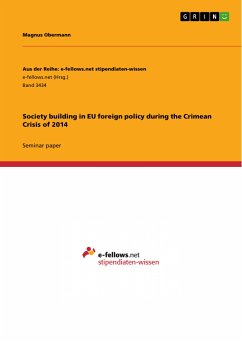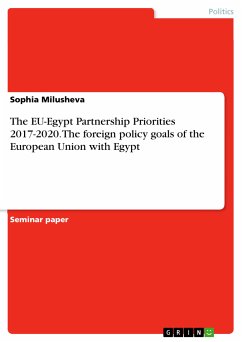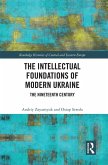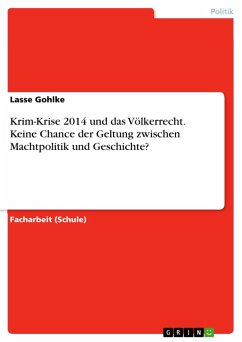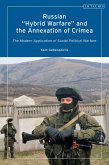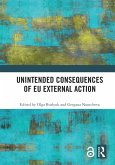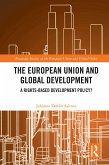Seminar paper from the year 2018 in the subject Politics - Region: Russia, grade: 1,3, Dresden Technical University (Institut für Politikwissenschaft), course: EU Außen- und Sicherheitspolitik, Dr. Claudia Fahron-Hussey, language: English, abstract: This paper seeks to explore the mechanisms responsible for the relationship between the EU and Russia. For this purpose, changes of EU foreign policy in the context of the annexation of Crimea by Russia will be elaborated upon. The events on Crimea and the Ukrainian crisis presented a serious challenge to EU foreign policy towards Russia. Especially the relations between former Soviet republics and Russia became a critical factor in reacting to the crisis and the understanding of the actors involved. To approach this problem, the research question of this paper is: How can EU foreign policy assess the character of relations between third partner countries, and hence, how can it adjust its foreign policy tools to approach actors involved sensitively? The paper provides a new perspective on the English School of International Relations as foreign policy analysis tool. It also provides an overview of the most important dates and personalities involved in the Russian annexation of Crimea.
Dieser Download kann aus rechtlichen Gründen nur mit Rechnungsadresse in A, B, BG, CY, CZ, D, DK, EW, E, FIN, F, GR, HR, H, IRL, I, LT, L, LR, M, NL, PL, P, R, S, SLO, SK ausgeliefert werden.
Hinweis: Dieser Artikel kann nur an eine deutsche Lieferadresse ausgeliefert werden.

